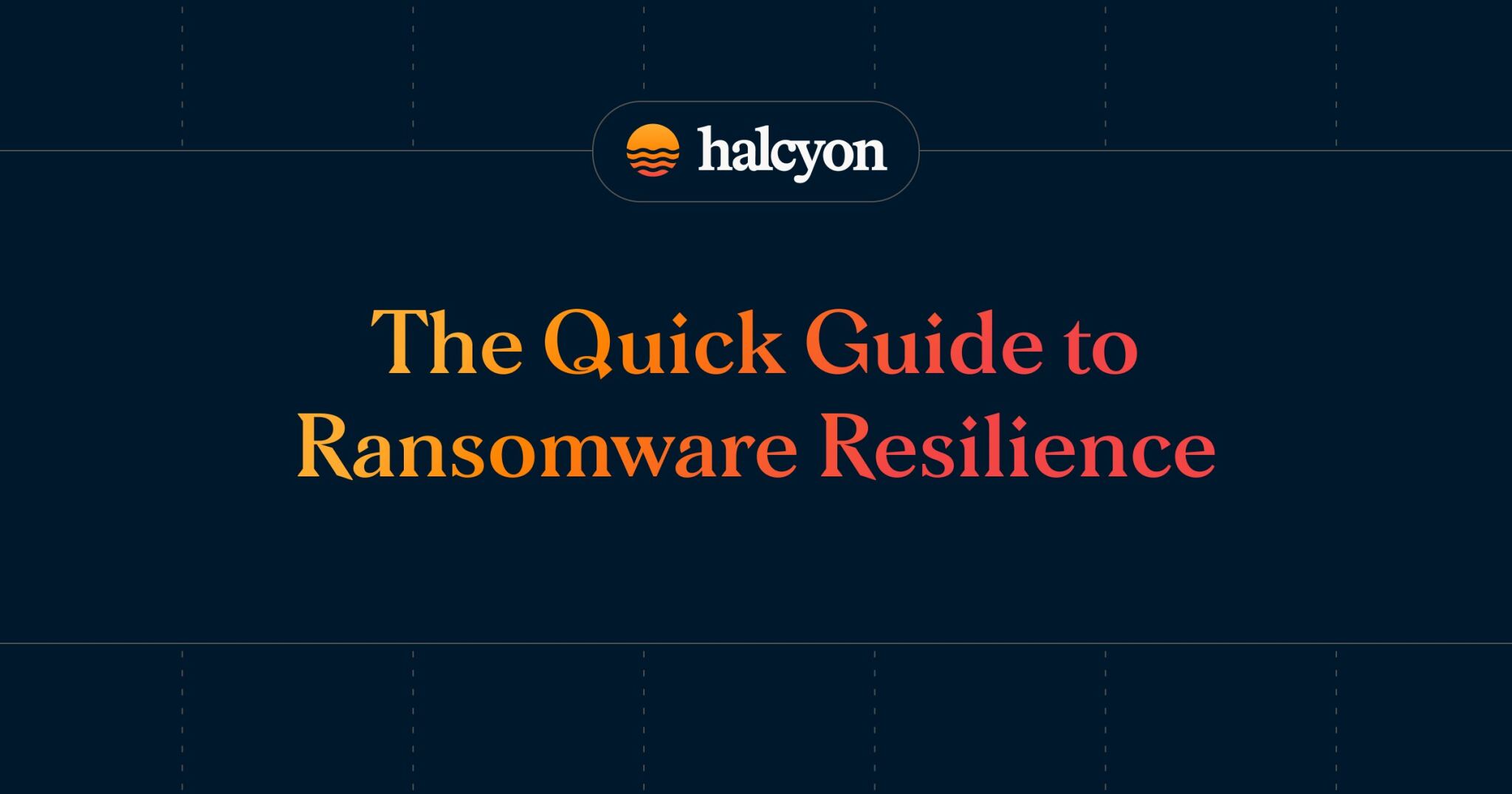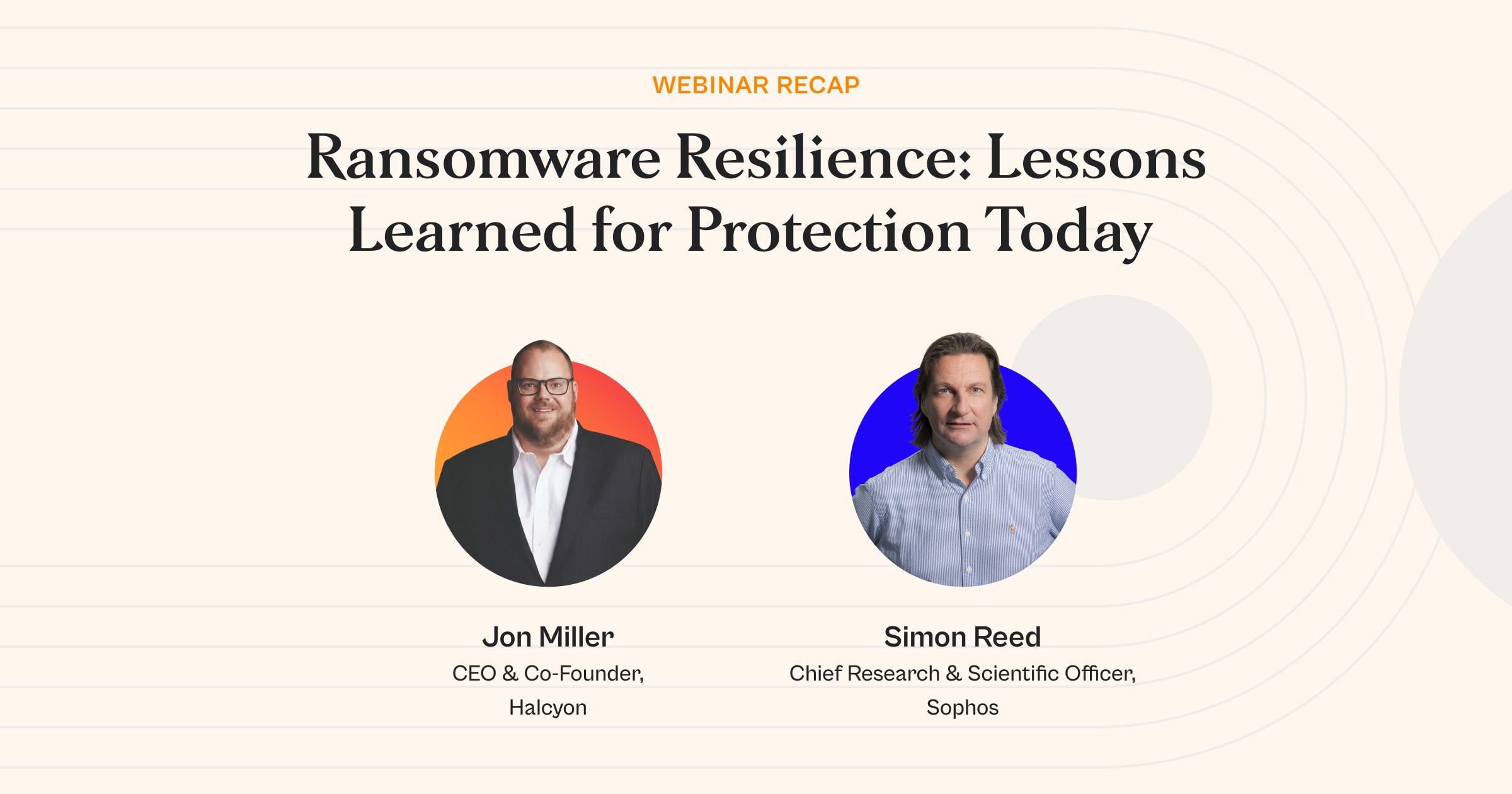Cyberattack Hits Major US Grocery Distributor Triggering Supply Chain Disruptions

A major U.S. food distributor that supplies thousands of grocery retailers across North America, including Whole Foods, has reported a cybersecurity incident that disrupted its operations, TechCrunch reports.
According to a regulatory filing, the company detected unauthorized access to parts of its IT network on June 5 and responded by proactively shutting down affected systems. It immediately brought in third-party cybersecurity experts and law enforcement to investigate and contain the situation.
To minimize service disruptions, the company implemented manual workarounds to continue order processing and distribution. However, it acknowledged the incident would temporarily impact its ability to fulfill customer orders. Over the weekend, some retail locations experienced empty shelves, underscoring the ripple effect such an outage can have on grocery supply chains.
The nature of the attack, whether it involved ransomware or data theft, has not been confirmed, and there is no timeline yet for full recovery. Officials stated that systems are being carefully assessed and restored with a focus on security.
This incident follows a broader wave of cyberattacks targeting the retail and food distribution sectors, amplifying concerns about the fragility of critical supply chains. As a key supplier to one of the nation’s largest grocery chains, any prolonged disruption could have significant downstream consequences.
Takeaway: While this attack hasn’t been confirmed as a ransomware operation yet, it certainly had all the hallmarks of one. And we’re seeing this pattern more frequently: attackers targeting critical supply chains like the food supply, logistics, even blood banks.
These aren’t random hits. They're strategic plays. Disrupt enough of the right links in the chain and you don’t just take down one company, you create ripple effects that disrupt entire sectors and ultimately the lives of everyday people. Empty shelves. Delayed care. Panic. The more essential the service, the faster the clock ticks, and the greater the pressure to pay.
And this isn’t just about a big payday. These attacks line up all too nicely with the interests of adversarial nations like Russia. Ransomware gives them cover; it’s the perfect way to inflict pain and cause chaos without having to own it. Criminal crews get paid while nation-states enjoy plausible deniability and strategic disruption on the cheap. And the playbook is starting to look the same no matter who’s running it.
When a nation-state runs plays through proxy attackers like ransomware crews, that’s a form of asymmetric warfare. They’re not launching kinetic attacks; they’re launching malware. And with ransomware as their cover, they get all the upside with no blowback. They hide behind criminal affiliates, blame the attacks on financially motivated “cybercrime,” and suddenly it’s not an act of war, it’s just a headline about an IT disruption.
They’re bypassing the traditional rules of engagement, hitting our hospitals, food supply chains and other critical infrastructure, and crippling systems without ever firing a shot. And because it’s all cloaked in plausible deniability, we’re stuck in a response limbo. You can’t strike back without definitive attribution. And that’s the point; it’s warfare without any consequences.
Halcyon.ai eliminates the business impact of ransomware. Modern enterprises rely on Halcyon to prevent ransomware attacks, eradicating cybercriminals’ ability to encrypt systems, steal data, and extort companies – talk to a Halcyon expert today to find out more, and check out our quarterly RaaS and extortion group reference guide, Power Rankings: Ransomware Malicious Quartile.
Related Posts
See Halcyon in action
Interested in getting a demo?
Fill out the form to meet with a Halcyon Anti-Ransomware Expert!





